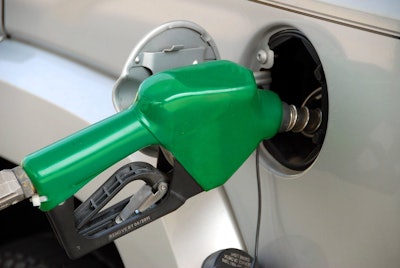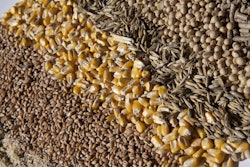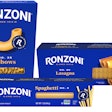
A five-percent point reduction on import tariffs for ethanol is expected to create opportunities for increased ethanol trade with Vietnam. It could be a win-win for both U.S. farmers and agribusinesses looking to export more ethanol to Southeast Asia’s fastest-growing economy and for the Vietnamese government, which is looking to reach its goal of a higher national fuel blend mandate to 10 percent.
“The reduction in tariffs for fuel grade ethanol has the potential to expand trade to a market with a 170 million gallon (60.3 million bushels in corn equivalent) ethanol deficit while still supporting Vietnamese tax revenue,” said Manuel Sanchez, U.S. Grains Council (USGC) regional director for Southeast Asia. “Increased ethanol imports would support Vietnam in reaching its E10 nationwide goal and provide incentive for the country’s ethanol industry to increase production and sales.”
Vietnam does have a domestic ethanol industry, but local supplies cannot meet total demand to achieve the country’s current blend standard. Thus, Vietnam, like many countries, uses trade to support the fulfilment of its policy. Previously, imports faced tariffs of 17 percent for 100 percent pure ethanol and 20 percent for 99 percent or less pure ethanol.
Despite the tariffs in place, Vietnam directly imported about 3.5 million gallons (1.24 million bushels in corn equivalent) of U.S. ethanol in the 2018/2019 marketing year, in addition to around 16 million gallons for fuel blending through the South Korean transshipment market.
USGC worked with the U.S. Department of Agriculture’s Foreign Agricultural Service (USDA-FAS) in Vietnam to engage the Vietnamese Ministry of Industry and Trade (MOIT) and Ministry of Finance (MOF) to reduce these most favored nation (MFN) tariffs, which are the lowest possible tariff a country can assess on another country with most favored nation status.
USGC has worked with the Vietnamese government and ethanol industry for several years as Vietnam began its most recent E5 policy in 2018. Vietnam also had a large delegation attend both the Ethanol Summit of the Asia-Pacific in 2018 and the Global Ethanol Summit in 2019, which was sponsored by USGC, Growth Energy and the Renewable Fuels Association.
Vietnam’s prime minister signed Decree 27 on May 25, which decreased the MFN tariff on certain agricultural imports, including ethanol. While USGC and its partners pushed for a tariff reduction in line with competing products like aromatics and other petrochemical oxygenates, the tariff was eventually reduced to 15 percent for both 100 percent pure ethanol and 99 percent or less pure ethanol, the maximum reduction applied to any commodity or product during this review period. The new tariff rate will go into effect on July 10, 2020.
In the short-term, gasoline demand did drop 30 percent during the country’s COVID-19 lockdown, but consumption is returning to normal levels following the country’s domestic reopening on April 23 and anticipated international reopening on July 1. In the longer term, total Vietnamese gasoline consumption is expected to grow nearly 15 percent over the next five years to reach an estimated 2.38 billion gallons by 2023.
“USGC will continue to work closely with the Ministry of Industry and Trade and other relevant agencies and industry partners in developing a sustainable roadmap to nationwide implementation of E10,” Sanchez said. “We remain committed to supporting the growth and stability of Vietnam’s ethanol market and to encouraging further reduction of the MFN tariff rate for ethanol imports in Vietnam and throughout Southeast Asia.”
Learn more about the USGC’s work to promote ethanol in Vietnam.
















